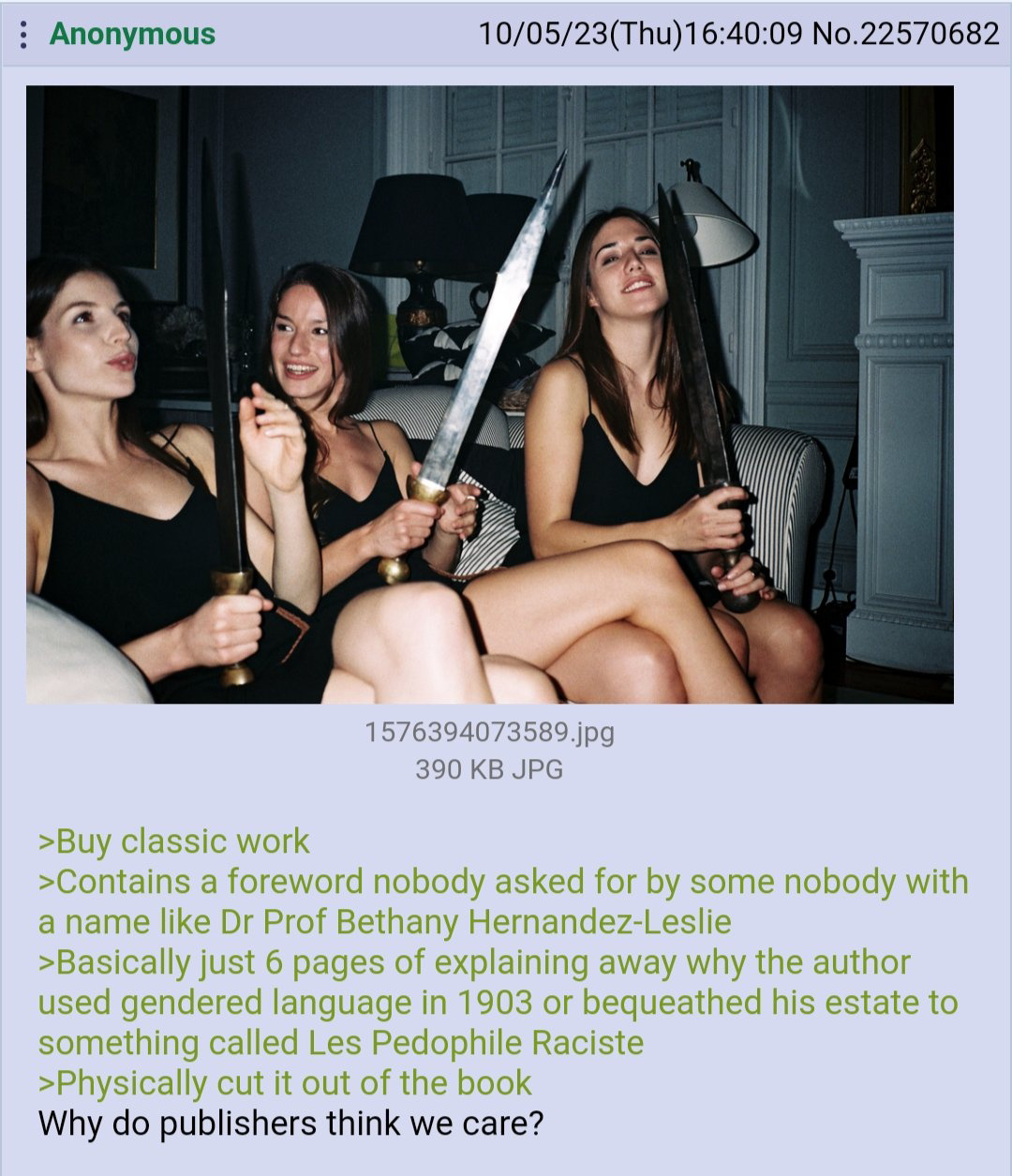They don't.
The classic work is in the public domain. There's no longer any copyright protection on it. Publishing the classic work does take a little effort though. There's the effort of reformatting it for modern book sizes, making sure the line and paragraph breaks look good, etc. Then there are other costs like promotion and distribution. If they do that and publish it like that, nothing in their version is copyrighted either. Someone can duplicate the book exactly and sell copies, and there's nothing the publisher can do.
But, if they put in Dr. Professor Bethany Hernandez-Leslie's foreword, that part is a new work, and has a new copyright. Now if someone duplicates the book, they'll be violating the copyright not on the original work, but on Bethany Hernandez-Leslie's section.
It's the same reason that every web site with a cooking recipe has a 10-page essay on how the author's grandmother came up with the recipe. Nobody cares about that stuff, but recipes can't be copyrighted, but the other blob of text can. If someone crops out the other text and just copies the recipe, it's still possible that they could be sued for copyright infringement because it could be argued that the recipe is part of the bigger copyrighted work.
